The numbers that speak for us
The protection and care of the environment is a measurable commitment for Molynor and in this line we are constantly self-evaluating our performance. In this section you will find sustainability in numbers.

The protection and care of the environment is a measurable commitment for Molynor and in this line we are constantly self-evaluating our performance. In this section you will find sustainability in numbers.
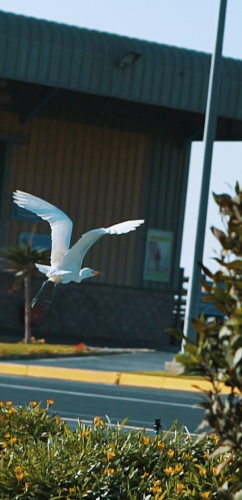
In the areas near our plant, there are 2 protected areas, which correspond to sheltered areas for the nesting of the Lesser Tern, a critically endangered species. We belong to the Foundation for the Sustainability of the Little Tern, which has as its mission the conservation of this species and of which we are founding partners and part of the Board of Directors.
2.577
1
Information 2019
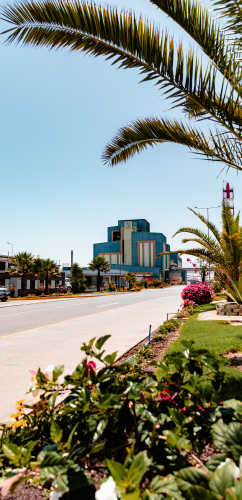
These are key elements to maintain a good quality of life and promote the well-being of people. At Molynor we are aware of this and that is why in 2019 we expanded the surface of green areas in our plant.
0.075
Information 2019
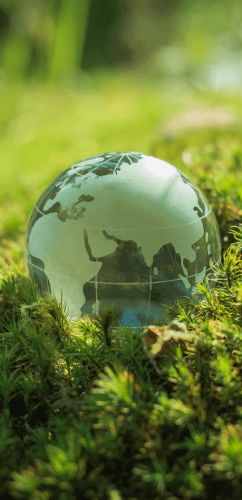
At Molynor we assume the commitment to make a rational and efficient use of energy, without affecting the quality of the product and favoring more environmentally friendly fuels, in order to reduce our impacts. In this challenge, we are guided by the Corporate Energy Policy that regulates our actions and favors the development and implementation of programs aimed at improving processes.
Molynor
137 GJ
Energy intensity by source and by subsidiary (in GJ)
Power source
Molynor
Diesel
47.354
Liquefied petroleum gas (LPG)
28
Liquefied natural gas (LNG)
-
Total non-renewable fuel
47.381
Energy intensity
Emission source
Molynor
Total consumption (GJ)
114.009
Water consumption / molybdenum production
38,8
Consumption / Production
3.101
Other fuel sources
Electricity
66.627
Heating
-
Total from other fuel sources
66.627
Information 2019
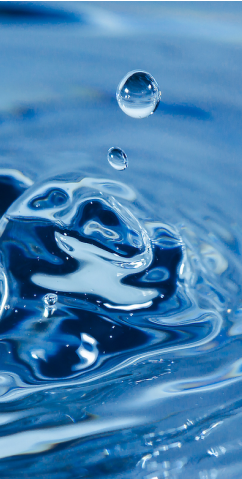
We have a reverse osmosis desalination plant, which allows us to capture the water necessary for its production processes and general services from the sea.
311.903
Information 2019
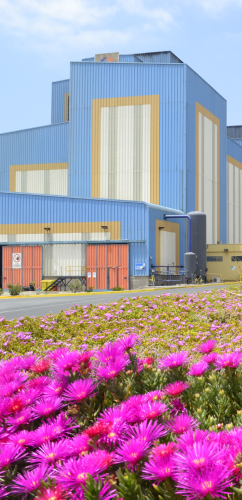
En pos de la producción del molibdeno, procuramos realizar un consumo responsable del recurso hídrico con el medio ambiente y con los territorios que nos circundan.
Molynor
Water consumption (m3 / year)
121.727
Molybdenum Production (MMLbMo)
38,8
Water consumption / molybdenum production
3.140
Information 2019

We know that the water resource is valuable, that is why we have water recirculation processes that allow its reuse and the reduction of its consumption, which means less extraction of the resource for our operations.
Other emissions in Kg
Molynor
Volume of recirculated water (m3 / year)
58.170
Percentage of recirculated water
48%
Information 2019
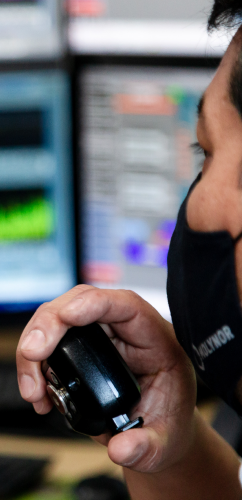
The only discharge is brine, a product of the reverse osmosis desalination plant. This is monitored and reported to the environmental authorities on a monthly basis.
163.010
Information 2019
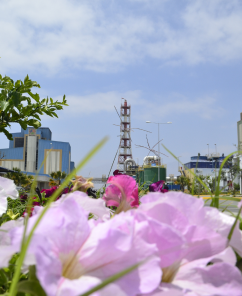
We reaffirm our commitment to apply preventive, control and environmental impact reduction measures. For this, our Environmental Policy, based on current legislation and international standards, guides our actions.
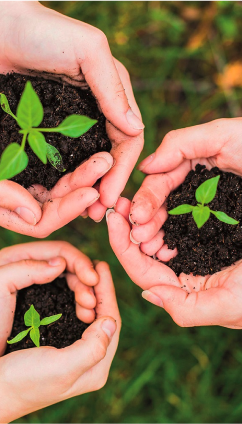
We are inspired by the care and protection of the atmosphere, promoting climate change mitigation. Our SO2 emissions are well below what is allowed by our RCA.
Other emissions in Ton
Emissions
Molynor
NOx
5,3
SO2
270
Information 2019
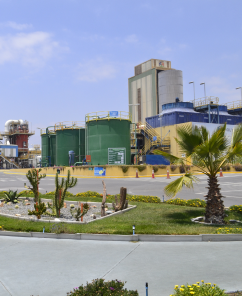
To control our impacts, we measure our carbon footprint and constantly seek to improve processes, reducing greenhouse gas emissions.
Emission source
Molynor
Direct emissions (Scope 1)
-
Consumption of liquefied gas
2.121
Diesel consumption
2.828
Total direct emissions
4.949
Indirect emissions (Scope 2)
-
Generation of electricity
7.236
Total indirect emissions
7.236
Information 2019
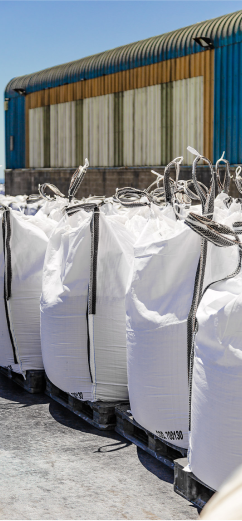
For our production processes, the raw material is molybdenite concentrate. In addition, we require various materials, which are used both in the manufacture of the product and in the packaging. Some of them are acid, lime, pallets, plastics, cardboard, bags, metal drums, among others.
Raw material by affiliate in millions of pounds
Molynor
Molybdenite
38,7
Information 2019
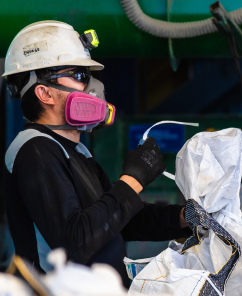
We have worked on new actions that allow us to make liquid and solid industrial waste products with greater added value and reduce the environmental impact as much as possible.
Types of waste in Ton
Molynor
Dangerous residues
75
Non-hazardous waste
824
Total
899
Waste by disposal method in Ton
Molynor
Final disposal and authorized fillings
884
Recovery
-
Treatment
-
Reuse
-
Recycling
15
Composting
-
Energy recovery
-
Secondary raw material
-
Total
899
Information 2019
Write to us and our team will contact you.
I want to know more